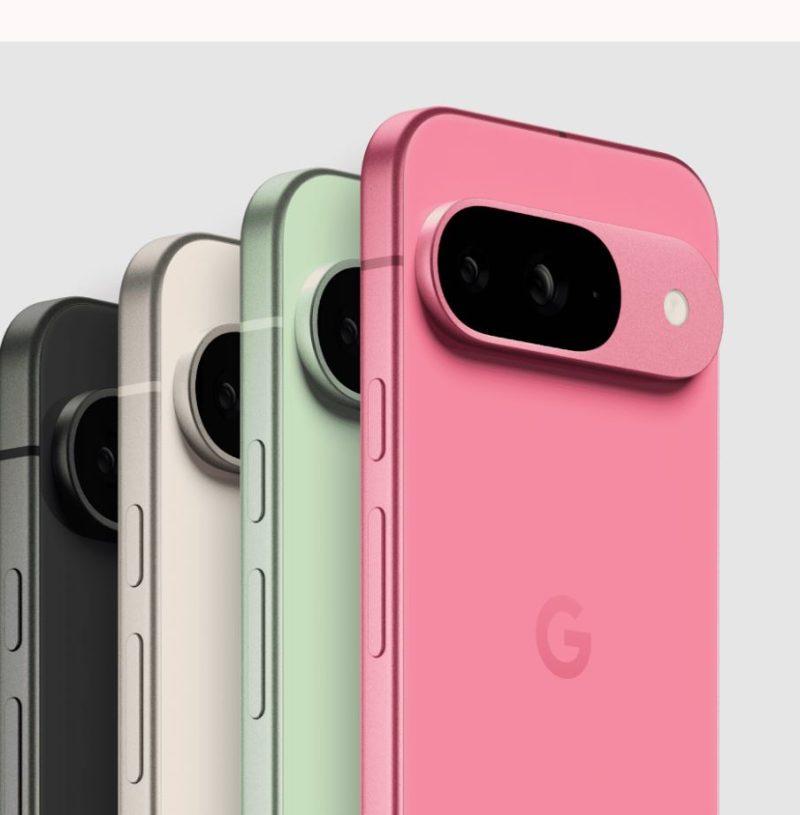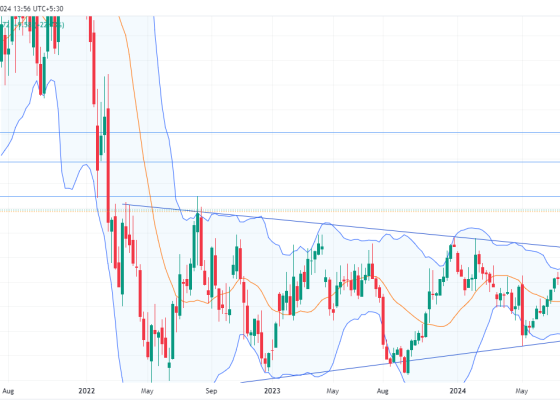Indonesia has imposed a ban on the sale of Alphabet’s Google Pixel smartphones due to non-compliance with the country’s local content regulations, a policy designed to boost domestic manufacturing and create a fair environment for investors.
This block on Pixel follows the recent prohibition of Apple’s iPhone 16 sales in Indonesia for similar reasons.
As the largest Southeast Asian market, Indonesia is pushing forward with rules requiring that 40% of components in smartphones sold domestically be locally produced, underscoring the government’s aim to bolster local industries and generate more investments in the tech sector.
Indonesia’s 40% local content rule
Indonesia’s industry ministry has enforced a strict 40% local content rule for all smartphones sold domestically, impacting major global brands like Google and Apple.
While local content policies typically encourage collaborations between global companies and domestic suppliers, neither Google nor Apple has met these requirements.
Consequently, Google’s Pixel phones and Apple’s iPhone 16 are currently banned in Indonesia’s expansive tech market.
Consumers can still purchase these devices from abroad, provided they meet necessary import tax regulations.
The industry ministry’s recent bans on Google and Apple smartphones are part of a broader strategy to boost the local economy.
By mandating local content in smartphones, Indonesia aims to draw more investment and ensure fair market competition.
Global tech firms have hesitated to meet these standards, likely due to complex supply chain requirements.
Industry observers argue that Indonesia’s approach could deter international companies, potentially hampering the market’s growth and innovation.
Local content compliance
Indonesia’s emphasis on local content in smartphone production is reshaping its market landscape, with compliance potentially altering which brands dominate.
Currently, OPPO and Samsung lead the Indonesian smartphone market, according to IDC data, as they meet local content criteria.
With Google’s Pixel and Apple’s iPhone 16 excluded, the regulation may enhance the foothold of compliant brands, changing consumer choices and investment patterns in Indonesia’s lucrative tech sector.
The bans on Google and Apple smartphones in Indonesia may affect consumer access and investor confidence, as international tech giants navigate stringent local content rules.
Experts, including Bhima Yudhistira from the Center of Economic and Law Studies, caution that the move reflects “pseudo” protectionism that could hinder Indonesia’s appeal as an investment hub.
The policy has sparked concerns about the potential impact on Indonesia’s tech-savvy population, with limited access to preferred global devices potentially dampening consumer sentiment.
For tech firms like Google and Apple, partnerships with local suppliers could be a pathway to re-entering the Indonesian market.
Many international companies meet such regulations by collaborating with domestic producers or sourcing parts locally.
For Google’s Pixel and Apple’s iPhone 16, compliance will require restructuring existing supply chains, an approach that some firms may find challenging given the complexity of global manufacturing processes.
The post Why Indonesia blocked Google Pixel sales shortly after banning Apple’s iPhone 16 appeared first on Invezz


